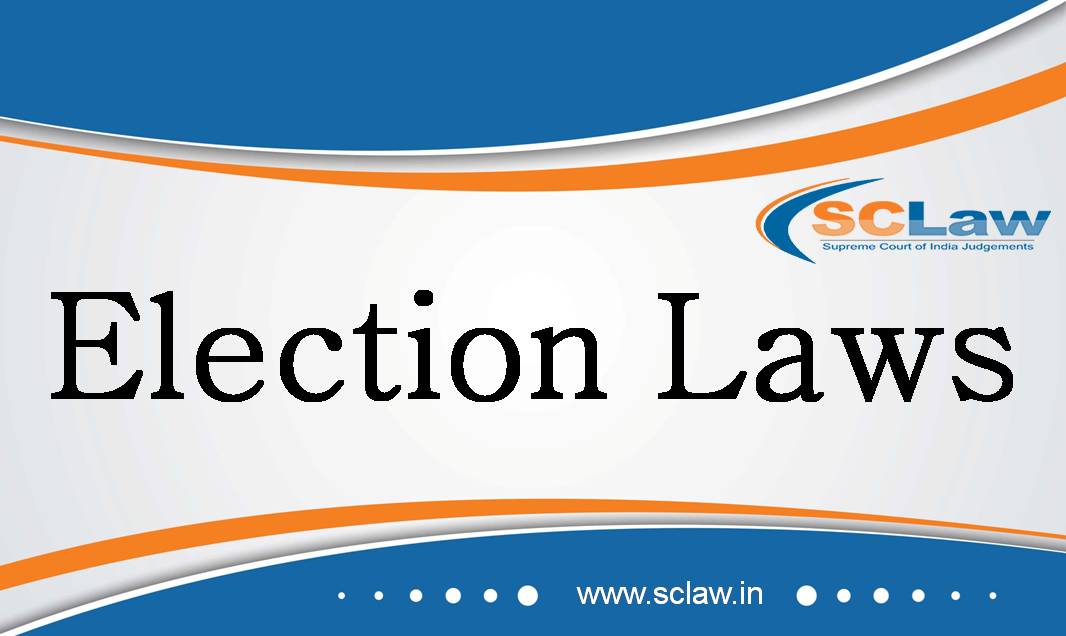We would think in the circumstances of this case that the appellant cannot be convicted for the offence under Section 376. It would indeed be unsafe to convict him based on the testimony of the prosecutrix. He would certainly be entitled to the benefit of doubt created by the circumstances.
We would think in the circumstances of this case that the appellant cannot be convicted for the offenceunder Section 376. It would indeed be unsafe to convict him based on…








